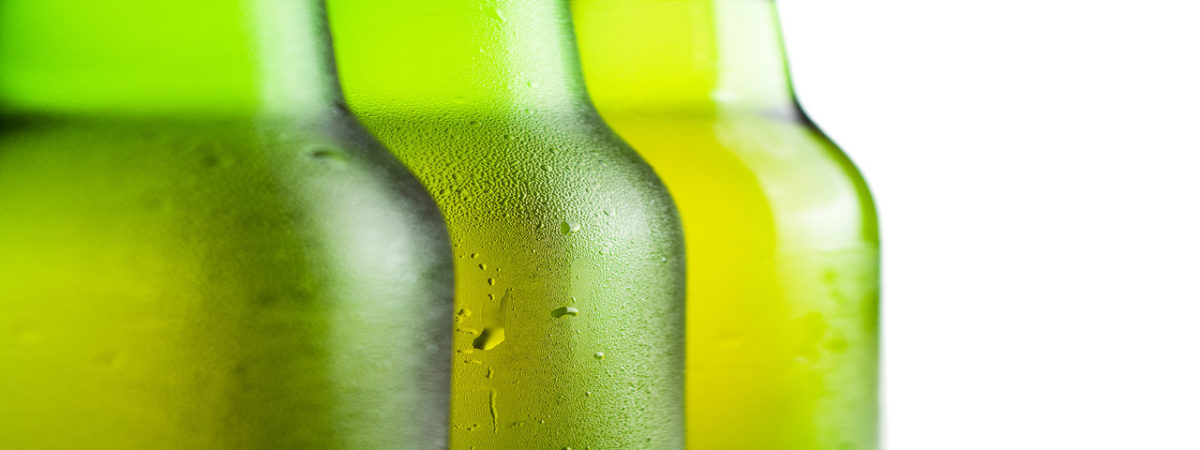Tax on sugary drinks would cost Londoners £2.6 billion
SUGGESTED

Policies such as the smoking ban and alcohol duty escalator have contributed to the decline in pubs

The debunking of myths surrounding inequality, social mobility, wages and more

The Children’s Food Campaign’s own figures suggest that the cost of a sugary drinks tax to London taxpayers will be £2.6 billion over twenty years.
The Children’s Food Campaign has previously estimated that a 20% tax on sugary drinks will take an extra £1 billion a year from UK taxpayers.[1] As London is home to 13% of the British population, this means a cost to Londoners of £130 million a year, or £2.6 billion over twenty years.
In the context of an additional tax burden of £2.6 billion, a £39 million saving would be extremely trivial. The net cost to London taxpayers would be £2,561,000,000 over twenty years, or £128 million a year.
Christopher Snowdon, Director of Lifestyle Economics at the Institute for Economic Affairs said:
“If the Children’s Food Campaign estimates are correct, a tax on sugary drinks would be a horrendously inefficient policy. Taxpayers would have to spend £67 to save £1 in healthcare costs.
“It is easy to make back-of-an-envelope calculations about how much money will be saved by a particular policy, but it is meaningless unless you look also at the cost. The Children’s Food Campaign’s own figures suggest that the cost of a sugary drinks tax to London taxpayers will be £2.6 billion over twenty years. A ‘saving’ of £39 million in this context is extremely trivial. It is a rounding error.
“You don’t reduce the burden on taxpayers by raising taxes and you can’t make policy by looking at putative benefits while ignoring real costs. Taxes on soft drinks have had no measurable effect on healthcare costs in the few countries that have experimented with them. In reality, they are lucrative stealth taxes which increase the cost of living and hit the poor hardest.”
[1] http://www.sustainweb.org/publications/?id=263
Notes to editors:
To arrange an interview (live or pre-recorded) with an IEA spokesperson, please contact Camilla Goodwin, Communications Officer at cgoodwin@iea.org.uk or call on 0207 799 8920/ 07821 971 443.
The mission of the Institute of Economic Affairs is to improve understanding of the fundamental institutions of a free society by analysing and expounding the role of markets in solving economic and social problems.
The IEA is a registered educational charity and independent of all political parties.



